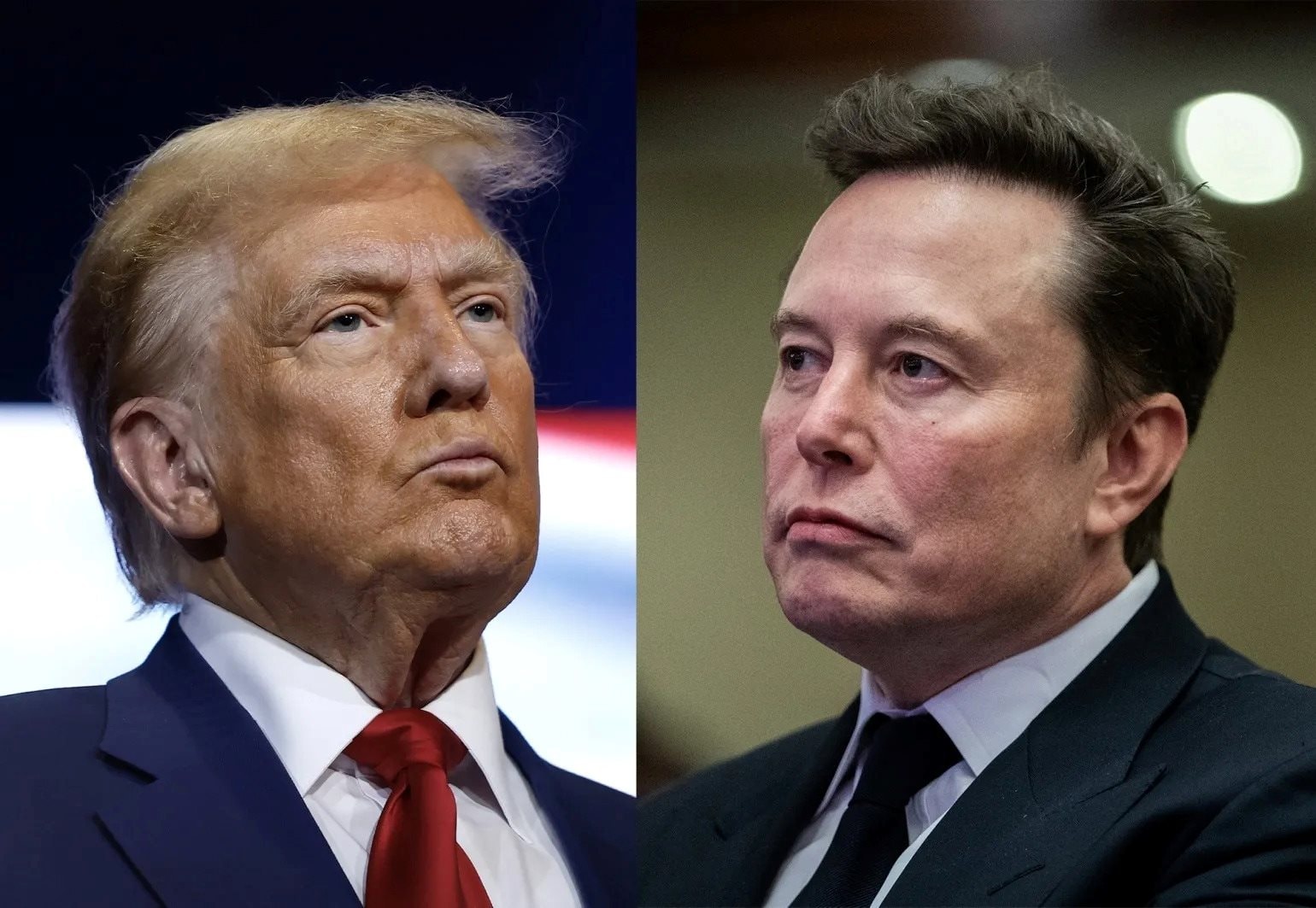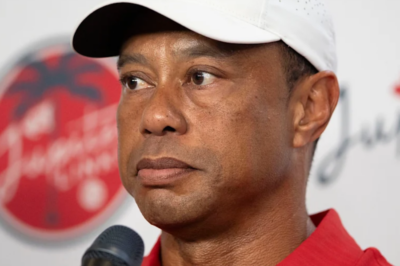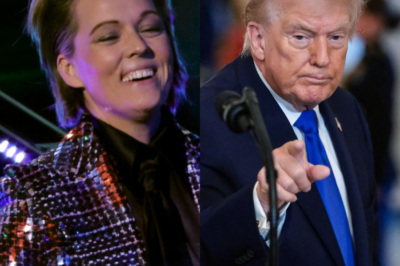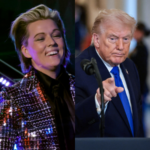Elon Musk opposes Trump’s new budget bill because he fears Tesla’s profits will be severely affected.

Elon Musk has donated more than $250 million to support US President Donald Trump’s election campaign. Now, Musk is facing a bill that could wipe out Tesla’s key source of profits, costing the electric carmaker billions of dollars.
The new budget bill, which Trump has touted as “beautiful,” would eliminate the federal emissions credits that Tesla has long used to sell to traditional automakers, generating billions of dollars in revenue. Musk has publicly criticized the bill, calling it a “disgrace.” The world’s richest man has threatened to fund the overthrow of lawmakers who support the bill and even said he might start his own political party.
Responding to Musk, President Trump said: “Without subsidies, Elon would have to close down and go back to South Africa.” The escalating conflict between the two powerful figures is putting Republican lawmakers in a difficult position and seriously threatening Musk’s business empire.
Tesla is at risk of losing its “golden bowl”
Musk has publicly opposed the bill, citing concerns about the US budget deficit. However, observers say the Tesla CEO’s bigger concern is the risk of losing the “gold mine” from selling emissions credits.
The new bill would eliminate penalties under the CAFE standard, meaning automakers would no longer have an incentive to buy emissions credits from Tesla to avoid penalties. Meanwhile, revenue from emissions credits has become a pillar of Tesla’s profits. In the first quarter of 2025, the company recorded $595 million from this segment – more than its total net profit ($409 million). In 2024, Tesla will earn $2.8 billion from selling credits, accounting for 39% of its annual profit.
While Tesla does not break out market-by-market details, an insider said about 75% of its credit revenue comes from the U.S. The invalidation of CAFE would put existing credit contracts—even those still in effect—at risk of being terminated early if there is an exemption clause in the event of a change in the law.
It’s not just electric vehicles that are affected. Tesla also operates a network of 2,600 charging stations in the US, and manufactures batteries, solar roofs and large-scale energy storage systems, most of which are eligible for federal tax incentives or credits.
The end of the $7,500 electric vehicle tax credit, which takes effect in September, will add further pressure to Tesla’s already-slumping sales, while uncertainty over tax policy and Mr. Trump’s trade war with China could also disrupt Tesla’s supply chain.
“Musk realized the seriousness but probably too late,” said a former Tesla executive.
Difficult to counterattack
Musk threatened to pour money into ousting lawmakers who voted for the bill. However, only a few Republicans, such as Thomas Massie, publicly opposed the bill and thanked Musk for his financial support.
Most businesses supported the bill because it extended the personal income tax cut, and several tech investors close to Mr. Trump, such as Keith Rabois and Jacob Helberg, donated millions of dollars to support the legislation.
Despite Elon Musk’s enormous financial resources, the Tesla boss’s ability to fight back is currently limited as Musk has stepped down from his role at the Department of Government Efficiency (DOGE). Meanwhile, Mr. Trump’s bill has been passed by both houses of Congress and is about to be signed into law.
“President Trump is the one with the bigger stick in this fight,” said former US Ambassador to Austria Trevor Traina.
News
Lindsey Vonn Opens Up About ‘Dark’ Mental Battle After Nearly Having Leg Amputated
The Olympic skier says the physical pain wasn’t the hardest part. Lindsey Vonn is opening up about the emotional toll of…
Jack Hughes Responds to Backlash Over Men’s Hockey Team Accepting Donald Trump’s White House Invite
Both the men and women won gold for Team USA at the 2026 Winter Olympics—but the women turned down the…
Tiger Woods is on a “time’s clock” regarding whether or not to participate in the Masters and captain the Ryder Cup team!
Tiger Woods nearing decisions on whether to play in the Masters and be Ryder Cup captain LOS ANGELES (AP) —…
After divorcing Nicole Kidman, Keith Urban went on to part ways with his longtime manager.
Keith Urban Parting Ways With Longtime Manager in Latest Shakeup for Singer Keith Urban parted ways for good with his…
Brandi Carlile Says Trump Voters Got “Scammed”
Grammy-Winning Singer Accuses Trump of Scamming Voters The singer went on to say that Trump voters are feeling “duped” and…
Following the “resounding success” of the “All-American Halftime Show,” a spokesperson for Turning Point USA announced they will return for the next Super Bowl.
Controversial Turning Point Halftime Show Will Return For Next Super Bowl Turning Point USA’s All-American Halftime Show may become a franchise. The…
End of content
No more pages to load












